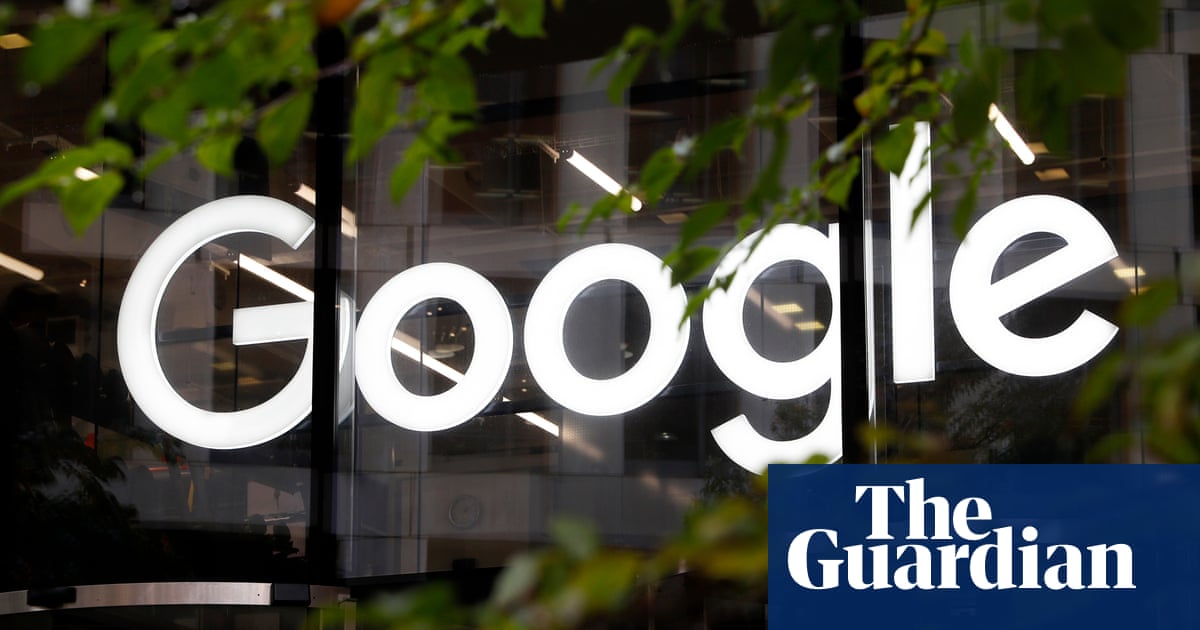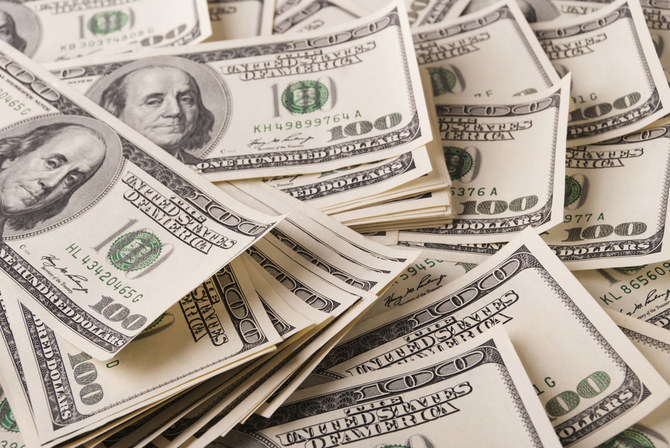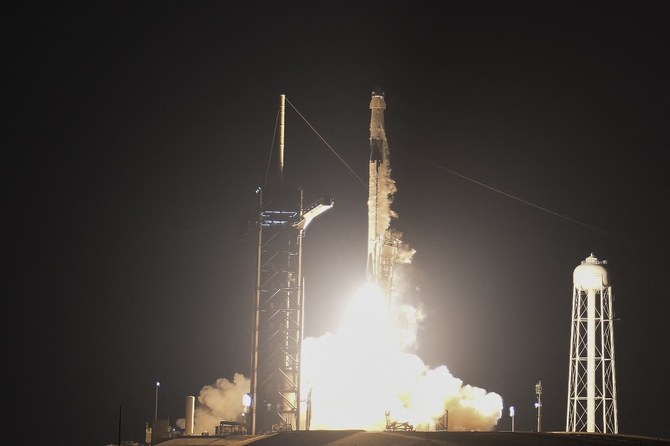
It is the oldest truism in the book that the US is the most important economy in the world. “When America sneezes, the rest of the world catches cold,” goes the saying.
Now, regardless of who sneezed first to cause the coronavirus disease (COVID-19) pandemic that is ravaging the global economy, America, under President Donald Trump, has it in its power over the next few weeks to decide which way the world goes. The options are limited.
It is too late to prevent a severe global economic recession this year. The lockdown of huge swathes of international economies has already ensured 2021 will witness a rapid decline in growth.
Few serious economists believe any more that there will be a sharp V-shape recovery in the second half, or at least not rapid enough to make up for the savage drops in the second quarter. The International Monetary Fund (IMF) said last weekend that “more adverse scenarios” might materialize than the decline of 3 percent in global GDP it forecasted just last month. Recessions — falling economic output for a period of at least six months — happen regularly in economic history. But a depression — often defined as two recessionary periods unbroken by any economic recovery — are rare and historic. The last one, the Great Depression of the 1930s, was extreme enough to leave an abiding folk-memory everywhere in the world.
The US has it in its power to ensure either that there is no great depression next year or, failing that, to make whatever depression there is short enough to be bearable for most people. The question is whether America will choose to do so.
The first issue the US must resolve is what to do about financial markets. So far, after the initial big sell-off in March, Wall Street has taken the growing economic crisis in its stride. April was one of the best-performing months in the history of the S&P 500 index, a fact that perplexed the economists looking at destruction everywhere else.
Huge spending by the US Federal Reserve on underpinning financial assets has so far given equity and bond markets some breathing space, but the signs are that its resources are nearing depletion. It is hard to see how the $2.3 trillion “bazooka” can be used more than once.
In the current quarter leading up to half-year earnings, many corporations operating in the real economy will be experiencing the worst trading conditions in their history. They will in many cases have no earnings to report.
Financial policymakers will have to come up with something extra special to prevent a full-blown market collapse
Frank Kane
US and world equity markets have for a long time been buoyed up by the incredible resilience of the technology sector, and some analysts have pointed to tech as one of the few winners from the pandemic downturn.
But it would take a lot of Zoom calls to make up for a fall in sales of mobile phones or laptops to consumers who are struggling to make ends meet among America’s 20 million-strong pool of unemployed.
No sector is totally proofed against the kind of economic carnage the US is experiencing, and at some stage the financial markets will wake up to that fact. Financial policymakers will have to come up with something extra special to prevent a full-blown market collapse.
The other thing America could do is to make trade peace with China, but again the signs are not encouraging, especially in a presidential election year. The White House seems to have identified a voter-friendly strategy that blames China for the virus outbreak and seeks to punish Beijing.
If that really got out of hand, it would only make things worse. Trump has already talked about the US withholding obligations to China, but China, with its more than $1 trillion of assets held in the form of treasury bills, could retaliate with enough force to accelerate the slide into depression.
Of the three pillars of the international system — economic growth, financial stability, and global trade — the first is already lost for the rest of 2020, barring an unexpected miracle in the form of a COVID-19 vaccine.
The system can probably fly without one engine for a while. But to lose one of the remaining two would be to risk global catastrophe.
• Frank Kane is an award-winning business journalist based in Dubai. Twitter: @frankkanedubai
Disclaimer: Views expressed by writers in this section are their own and do not necessarily reflect Arab News" point-of-view












